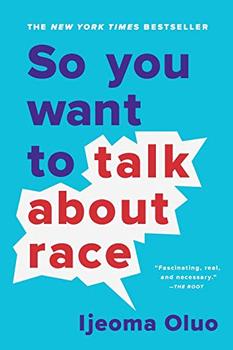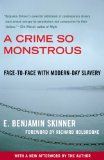Summary | Excerpt | Reviews | Read-Alikes | Genres & Themes | Author Bio

The Re-Enslavement of Black Americans from the Civil War to World War II
by Douglas A. BlackmonIn this groundbreaking historical expose, Douglas A. Blackmon brings to light one of the most shameful chapters in American history—an “Age of Neoslavery” that thrived from the aftermath of the Civil War through the dawn of World War II. Using a vast record of original documents and personal narratives, Douglas A. Blackmon unearths the lost stories of slaves and their descendants who journeyed into freedom after the Emancipation Proclamation and then back into the shadow of involuntary servitude shortly thereafter. By turns moving, sobering, and shocking, this unprecedented account reveals the stories of those who fought unsuccessfully against the re-emergence of human labor trafficking, the companies that profited most from neoslavery, and the insidious legacy of racism that reverberates today.
 Bill Cosby
Urgent, definitive, powerful. The most important work of history published in a very long time.
Bill Cosby
Urgent, definitive, powerful. The most important work of history published in a very long time. Harriet A. Washington author of Medical Apartheid: The Dark History of Medical Experimentation on Black Americans from Colonial Times to the Present.
To read this book is to cross an intellectual Rubicon: Once opened, you will no longer find it possible to relegate slavery to the distant past. Once opened, this book will change you, and how you perceive race relations in America.
Harriet A. Washington author of Medical Apartheid: The Dark History of Medical Experimentation on Black Americans from Colonial Times to the Present.
To read this book is to cross an intellectual Rubicon: Once opened, you will no longer find it possible to relegate slavery to the distant past. Once opened, this book will change you, and how you perceive race relations in America. Jay Winik, author of April 1865: The Month That Saved America and The Great Upheaval: America and the Birth of the Modern World.
For those who think the conversation about race or exploitation in America is over, they should read Douglas Blackmon’s cautionary tale, Slavery by Another Name. It is at once provocative and thought-provoking, sobering and heart-rending.
Jay Winik, author of April 1865: The Month That Saved America and The Great Upheaval: America and the Birth of the Modern World.
For those who think the conversation about race or exploitation in America is over, they should read Douglas Blackmon’s cautionary tale, Slavery by Another Name. It is at once provocative and thought-provoking, sobering and heart-rending.
If you liked Slavery by Another Name, try these:

So You Want to Talk About Race
by Ijeoma Oluo
Published 2019
In this New York Times bestseller, Ijeoma Oluo offers a hard-hitting but user-friendly examination of race in America

by E. Benjamin Skinner
Published 2009
To be a moral witness is perhaps the highest calling of journalism, and in this unforgettable, highly readable account of contemporary slavery, author Benjamin Skinner travels around the globe to personally tell stories that need to be told -- and heard.